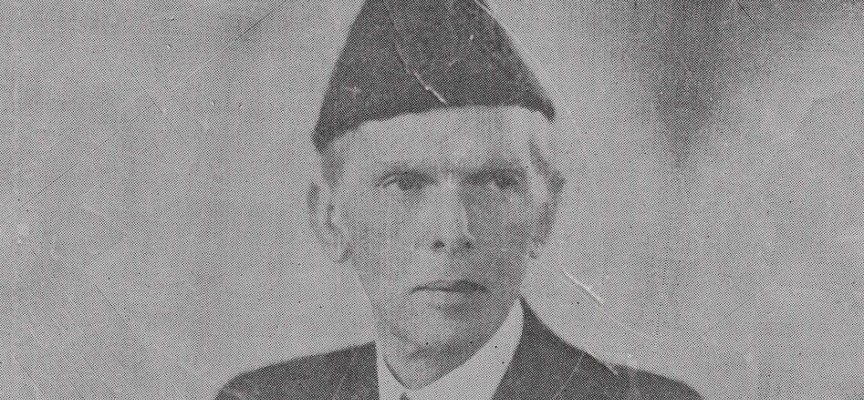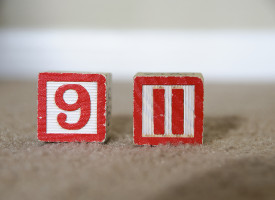The following is a concise English translation of Urdu excerpts from a book called ‘Seerat Un Nabi (SAW) Baad Az Wisaal Un Nabi (Part 4)’ authored by the late Mr. Abdul Majeed Siddiqui.
******
Quaid-e-Azam sent one of his closest associates to Hijaz (area of present-day Saudi Arabia which contains the two holiest sites of Islam i.e. Makkah and Madinah) on a special mission; this particular associate was specially involved in his (Jinnah’s) spiritual training. The associate had special relations with Munshi Abdul Rehman Khan. He sent a letter to Munshi from the ship S.S. Muhammadi on September 17, 1948 in which he wrote the following:
“This ship had departed on September 12, 1948, that (on the previous day) Quaid-e-Azam passed away. It was such a sudden wave of sadness over me that I could not control my well-being. I left all my luggage on the ship and returned to Karachi to participate in the funeral prayer. I owe my gratitude to Allah that I gave shoulder to his funeral and lowered Quaid-e-Azam down the grave with my hands. His weight was hardly fifteen or twenty kilos. When I opened the cloth from the side of his head to kiss it one last time, it felt as if someone was sleeping very peacefully. There were no signs of any painful death. Alas the nation’s sadness took this old General (Jinnah) to the grave”.
A few days after this letter was written, Munshi received a letter from Mr. Asad Multani on September 28, 1948 in which Quaid-e-Azam’s burial was described as follows:
“No special coffin was made for him; instead an ordinary bed was brought from the nearby mosque. An ordinary floor mat covered with date tree leaves was spread over it. An ordinary piece of white cloth to wrap the body was ordered from the depot. Only the flag of Pakistan was draped on the bed. No other flag of any exquisite sort was draped around his body. A few flower petals were placed above the flag and near his head. There was, however, a pile of flower petals on his grave. Old petals are removed every day and replaced with new petals. Recitation of The Qur’an continues to this day and a crowd of people remains. This Man of God certainly died a strange death”.
Soon after the Quaid’s death, the heavens echoed with recitations of The Qur’an. Thousands and millions of people completed recitations of The Qur’an across the world in general, and Pakistan in particular. These rich tributes were being continuously received. Not even a king, minister or wealthy person could receive such a stunning tribute after their death even if they compensated for it; nor had any leader received so many blessings of The Qur’an’s recitations and completions as he (Jinnah) did.
This trend continued when, in November 1948, Munshi received two letters from Madinah written by that special associate of Quaid-e-Azam. He had written, “Whatever was due on me, The Almighty fulfilled it. Scores of gratitude to Him”.
When this special associate of Quaid-e-Azam returned from Madinah, he also paid a visit to Munshi Abdul Rehman Khan’s house; besides other things, he said that (in Madinah) he stayed with Mr. Agha Ishaq Ali, who was a special servant at the Tomb of the Holy Prophet (Peace and Blessings be Upon Him); he (Agha Ishaq) was the only person authorized to go inside the Blessed Resting Place of the Holy Prophet (PBUH). Agha narrated that the day in which Quaid-e-Azam passed away, he saw the Prophet (PBUH) in his dream; he (the Prophet PBUH) looked very happy and said, “Our friend is coming today. You (should) also rejoice on his arrival”. Agha continued narrating that when he inquired about who it was (whose arrival was to be celebrated), the Prophet (PBUH) replied, “Muhammad Ali Jinnah”.
Agha narrated that after this dream, all of them cooked sweets on that day and also brought this prophecy with them: “Pakistan will not be erased. Those who try to erase it will definitely perish”.
Congress mouthpiece Daily Pratap, published from Lahore, wrote the following:
“Some people, despite being human, become an institution. In this way, their political achievements and activities receive extraordinary significance and support. We feel no hesitation in accepting that Mr. Muhammad Ali Jinnah was among those people who have become an institution. It can undoubtedly be said that if Pakistan is present on the world map today, it is because of Mr. Jinnah. Were it not for Mr. Jinnah, Pakistan would not have formed. It was his foresight which was able to see this fact seven years ago, that Congress leaders would be unable to reject his demand. With this determination in heart, he revived a dead nation. As a result, India’s most popular leader (Gandhi), who said that Pakistan will be built over his dead body; Pakistan formed right in front of his eyes on August 14, 1947.”
******








I am so grateful to almighty Allah that my doubts about the great Quaid Azam Muhammad Ali Jinnah (r.a) are removed after reading this and much more on internet. May Allah forgive me for my ignorance and may his grades be raised in jannah, ameen
Surely he was a great leader. May Allah grant him high ranks in jannah (Ameen)
But brother! We cannot write (R.A) with his name as it is used with sahabas (R.A) and Quaid e azam is not sahabi